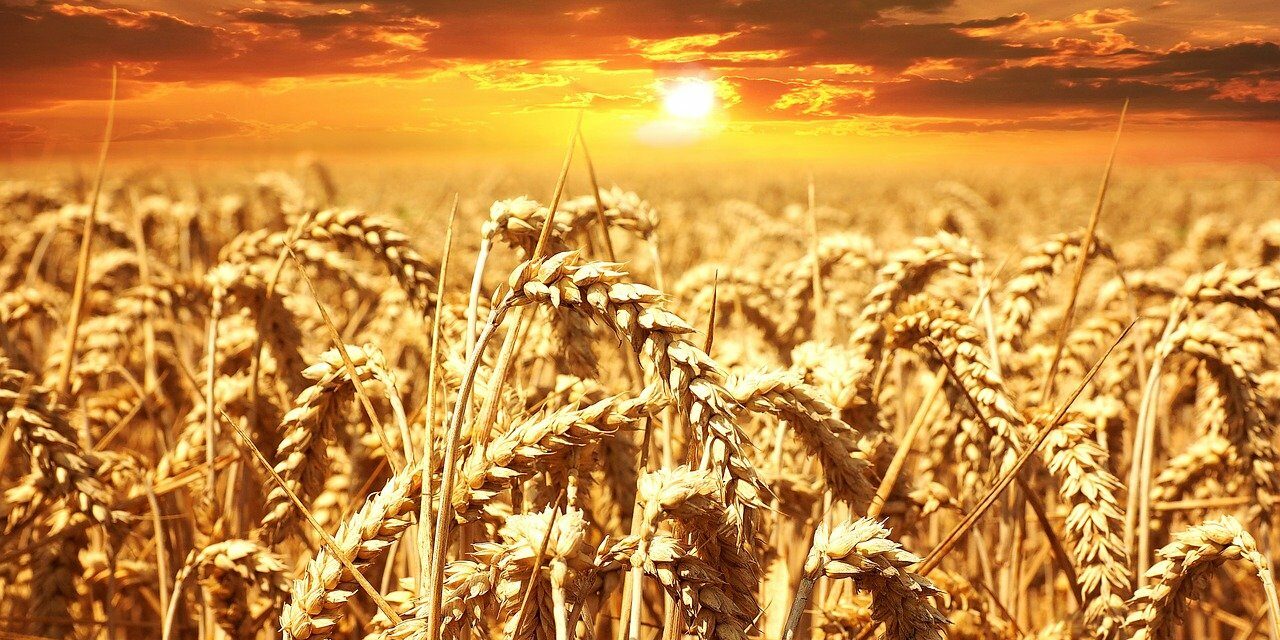The impending wheat crisis could cause famine in the Middle East and North Africa. Several countries already on the brink of collapse depend on Russian and Ukrainian wheat imports. Hunger may reach the region next winter and may even trigger a wave of migration.
Together, Russia and Ukraine provide a third of the world's wheat supply, but in the countries of the Middle East and Africa, where wheat bread is the staple food, the dependence on Ukrainian grain is even greater: Tunisia depends on Ukrainian wheat for half of its bread supply, as does Lebanon, which is already collapsing. In Yemen, which has been plagued by war and famine for a decade, Ukrainian wheat covers about a third of the country's needs, reports UnHerd.
More than 100 million Egyptians depend on Ukrainian wheat for their subsidized staple bread: the Egyptian government has already warned that it will be forced to raise prices for the first time in decades, a grim echo of price increases that presaged the Arab Spring more than a decade ago.
The possible consequences of famine and social unrest, and perhaps the acceleration of state collapse and
mass northern migration will be a major concern of European politicians in the coming year unless the war ends quickly.
Even in Europe, governments are scrambling to plug potential food shortages. Hungary and Serbia have already banned wheat exports, and EU agriculture ministers have proposed in an emergency meeting to urgently increase the size of cultivated agricultural land to make up for the shortage of imported Ukrainian grain used as animal feed.
In Ireland, the government has proposed encouraging farmers to grow native cereals such as oats, rye and barley on land otherwise used as pasture to prevent food shortages.
In Scotland, the local branch of the National Farmers Union recommends that land currently set aside for environmental purposes be cultivated to fill the gap.
Can the situation be resolved? Wheat exporters like Canada could boost output, but it's too late for farmers to buy seed and adjust their planting plans, and bans on fertilizer exports by the world's two biggest producers, Russia and Belarus, will reduce potential crop yields.
As the World Food Program warns that millions of people are already on the brink of starvation because of the war,
it is not impossible to imagine that more people will die from the disruption of wheat exports than from the fighting itself.
Unless there is peace soon, Ukraine's bloody spring looks set to gift the world with a hungry winter.
Featured Image: Pixabay












